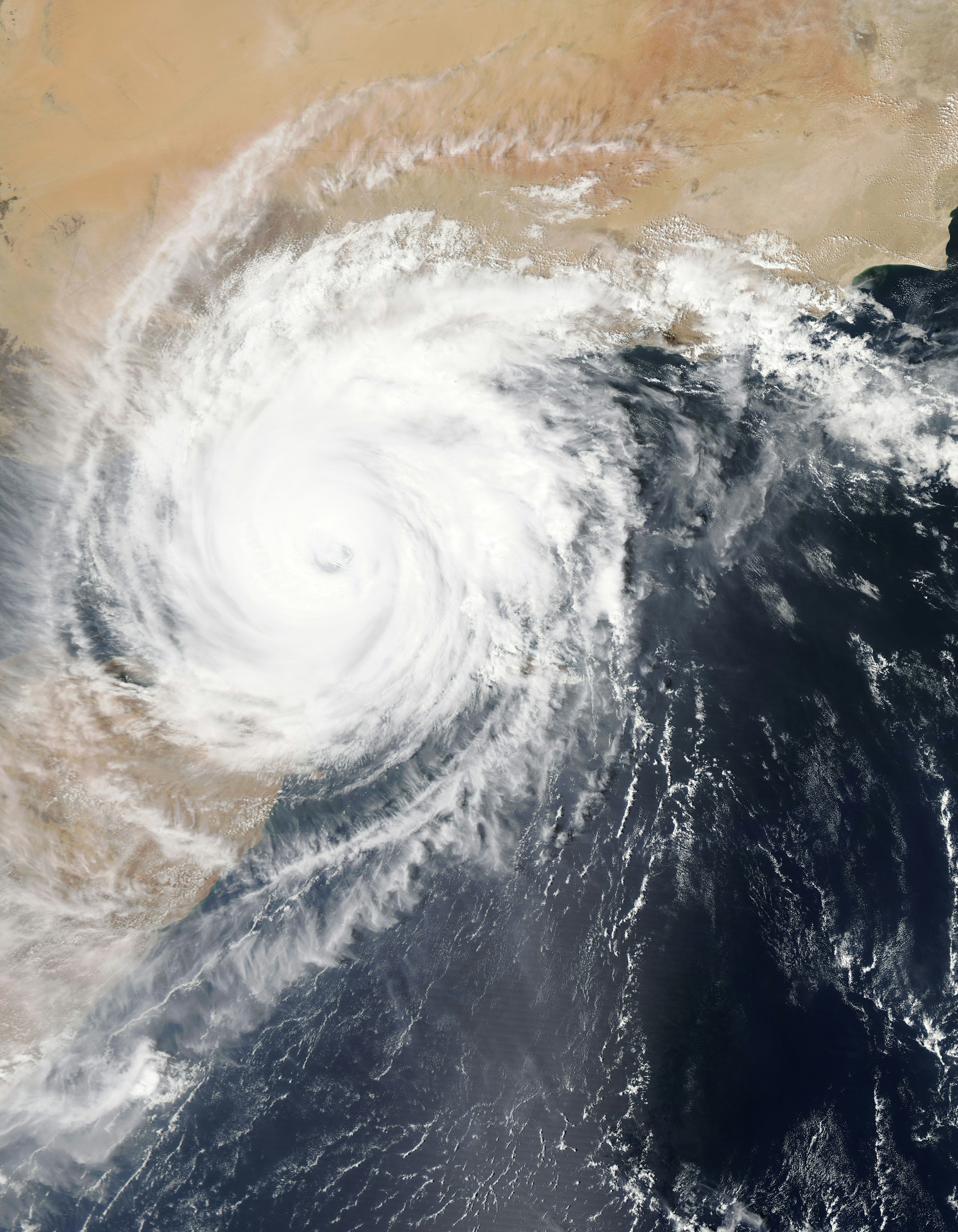‘I wish I had the clairvoyant skills of budget people. They seem to know what will happen next year. I struggle with knowing what will happen tomorrow.’ (Bjarte Bogsnes)
2024 has been the year of cautionary tales. We often use the example of strategic planning to highlight the dangers of assuming certainty and predictability. We now have our own classic example to draw on in reviewing our predictions of last year, when all but one have failed to eventuate, and the remaining one is still very much a work in progress.
In a traditional organisation we would be taken to task for not anticipating the future well. In reality, this is the world of complex, entangled, messy, unpredictable and exciting world of opportunities.
The Challenge: Predictability vs. Uncertainty
The interesting question that arises is how do organisations accommodate this reality? So many of the existing systems, processes, reporting and rewards mechanisms are based on the assumptions of predictability and the achievement of pre-determined goals and objectives.
The Transforming Systems Change SenseMaker® Project
To progress the understanding of some of these dilemmas, we have launched the Transforming Systems Change SenseMaker® in partnership with The Good Shift (formerly The Griffith Centre for Systems Innovation) and The Cynefin Co to collecting global data which will be the source of analysis and conversation next year. Click this link to add you contribution.
Systems Shape Behaviour
Systems determine behaviour. In our experience, the consequences of systems designed to manage predictability do not have the space for people to operate well with ambiguity and uncertainty and to explore options and opportunities rather than move quickly to opinion and evaluation; to have the right to try new things and not necessarily always succeed. In these contexts, we need to create the environment where the critical skills are:
- description before evaluation
- accepting the reality of unintended consequences being no ones’ fault, but an inevitability
- regarding things not working as the opportunity for learning and insight, not blame
- focusing on the connections between people not the people themselves to make changes.
Cautionary Tales as a Tool for Change
In our experience, the way to explain the options and opportunities that occur in complex environments is through cautionary tales. Across the last 12 months, we have:
- Called on the late Professor Bill Ford’s plea to ‘Move beyond admiring the problem to do something…’ by increasing the explicit use of cautionary and exemplary tales. This approach engages people and helps shift perspectives, and in our work, weaves Indigenous Knowledges into the process.
- Used the cautionary tales approach as the basis for presentations at AgileAus Conference (Melbourne, August) and Australasian Society of Developmental Paediatricians (ASDP) Conference (Gold Coast, September)
This also reflects our commitment to weaving neuroscience, complexity principles and Indigenous Knowledges in the design and application of processes, principles and protocols.
Looking Ahead: What’s Next for 2025
For 2025, we are continuing our direction of travel…
- Sharing results from the Transforming Systems Change SenseMaker® in the Q1
- Continuing the yarns with our Indigenous colleagues and developing Third Space processes and resources
- Developing a Complex Facilitation Playbook (working title) drawing on the course content of programs we deliver and including contributions from colleagues in workplace reform, partnering, risk, Indigenous Knowledges, community development and international aid.
These activities support our core work with clients and colleagues which are based on the integrated consulting and technical services for SenseMaker® projects in Australia and internationally (10 this year).
Associated consulting and facilitation processes have supported implementation of range of initiatives; a number of these projects are ongoing.
Other projects have included design and delivery of bespoke facilitation processes for stakeholder engagement, strategic planning and organisation design, development and change initiatives.
Stay tuned for more updates across 2025.


